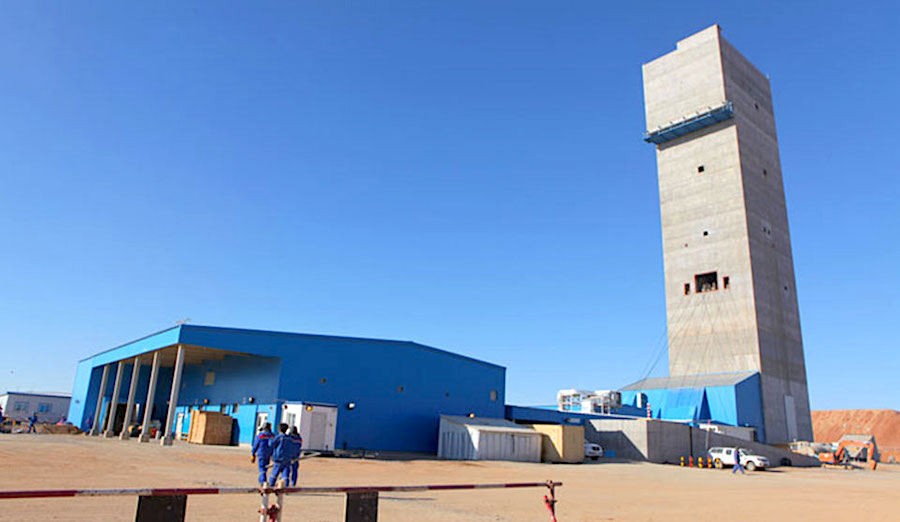Class action against Rio Tinto over Oyu Tolgoi escalates

The document cites defective Chinese steel, incompetent engineering and poor procurement as some of the “true” reasons behind the mine expansion’s massive cost increase and delays.
The fresh claim expands upon the initial class action lodged late last year, which accused Rio of being too slow to tell investors of the cost and schedule blowouts.
Both Rio Tinto and Turquoise Hill have largely blamed the setbacks to the late realization that the project’s geology was weaker than first thought and needed a change of technical approach.
The complaint quotes a former employee described as a “top manager” who worked at Oyu Tolgoi from 2013 to 2019 for mining contractor Redpath, saying the notion that geological issues were the primary cause of the delays was “one hundred per cent pure horseshit”.
“The project was being delayed because of engineering and execution. There may have been some pockets of bad ground, but that’s expected in any mine,” he was quoted as saying in the amended claim.
A second Red Path project manager said the steel required for the main shaft at the underground mine was “consistently subpar, had structural defects and issues with fabrication, including steel parts not being made to specifications, had poor joints, and was otherwise unusable and dangerous”.
In its filling, Pentwater claims the oversights effectively forced managers to rebuild much of Shaft 2 from scratch. The task, the complaint says, required workers to replace more than 40,000 bolts and about 95% of the steel in the shaft’s headframe, predictably causing costs and schedule delays “to skyrocket”.
The activist investor argues that despite being informed of ongoing issues with the project throughout 2017 and 2018, Rio and Turquoise kept telling investors the expansion was on track for a capital cost of $5.3 billion and would achieve first production in the first quarter of 2021.
It was not until July 2019 that Rio announced the project would require an additional $1.2bn to $1.9bn in capital and was 16 to 30 months behind schedule.
Never-ending troubles
Mounting investor activism is just one of the may headaches Rio Tinto has had while building what would rank as one of the world’s three largest copper mines when operating at full tilt. Full production is now expected to be by 2025 at the earliest, with first output planned for October 2022.
There was also an open dispute between Rio and Turquoise Hill over funding the expansion’s cost increase. The row began heating up in early November when Turquoise Hill launched arbitration proceedings against Rio Tinto to get clarity on the issue and ended up costing the Canadian miner’s CEO, Ulf Quellmann, his job.
Pentwater’s fresh claims come as Rio’s new copper boss Bold Baatar holds crucial talks with the Mongolian government over Oyu Tolgoi’s future
The company has repeatedly said the underground expansion is its most important growth project. Once completed, Oyu Tolgoi will churn out 480,000 tonnes of copper a year from 2028 to 2036. This would make it the biggest new copper mine to come on stream in several years.
The Australian miner owns the mine through its majority stake in Turquoise Hill, which has a 66% interest in Oyu Tolgoi. The Mongolian state has the remaining 34% of the operation, located in the South Gobi desert near the border with China.




